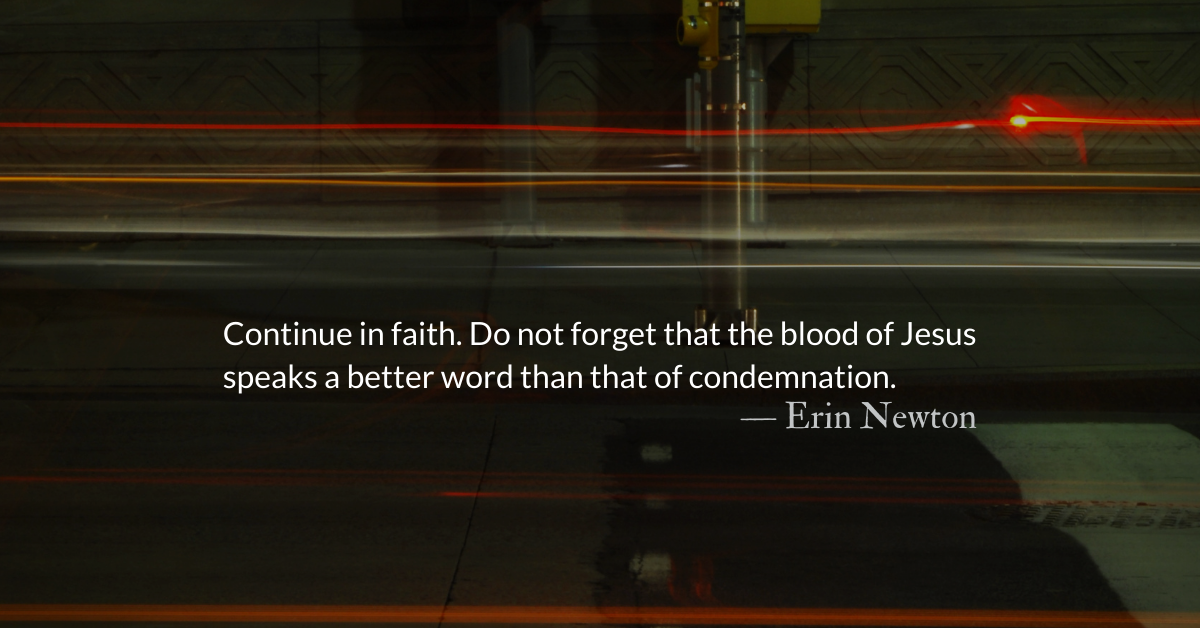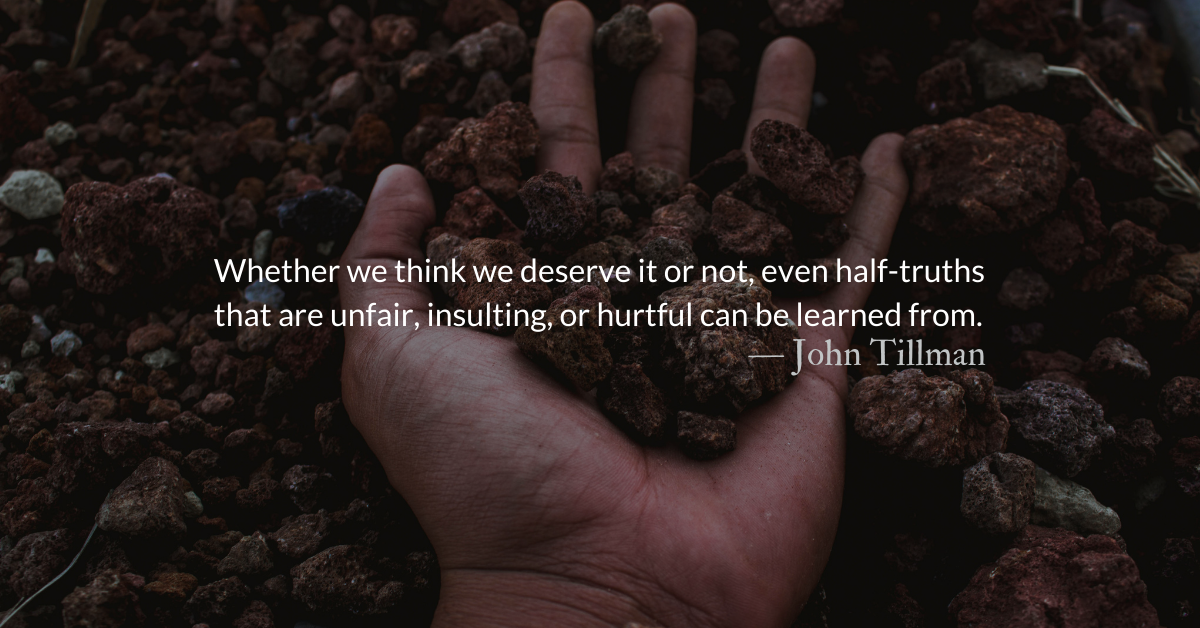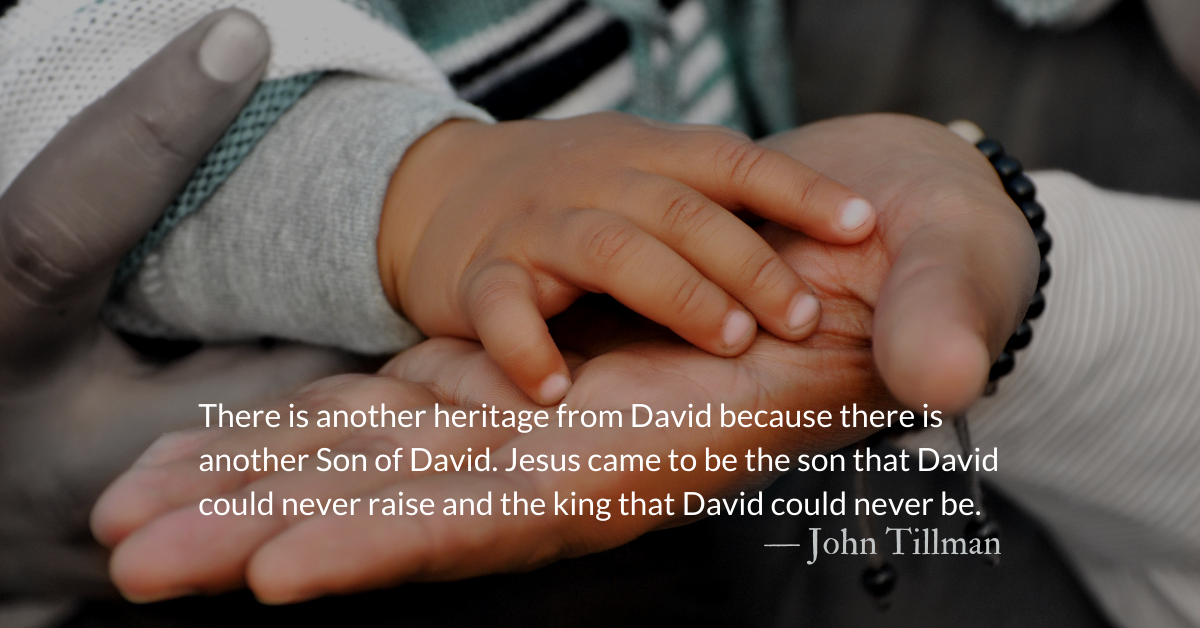Scripture Focus: 2 Samuel 19.6-7
6 You love those who hate you and hate those who love you. You have made it clear today that the commanders and their men mean nothing to you. I see that you would be pleased if Absalom were alive today and all of us were dead. 7 Now go out and encourage your men. I swear by the Lord that if you don’t go out, not a man will be left with you by nightfall. This will be worse for you than all the calamities that have come on you from your youth till now.”
Reflection: Weeping For Rebels
By John Tillman
Joab was right about one thing—the troops needed David’s encouragement. He was wrong about everything else.
More than a general, Joab was family. A son of David’s sister, Zeruiah, Joab came to power with David, leading David’s “mighty men.” Joab helped win David’s greatest victories and enabled and defended David’s worst sins.
Joab had advocated for Absalom, convincing David to have mercy on him in the past. Perhaps this is why Joab mercilessly killed him, hanging in the tree. To Joab, Absalom was only a threat. To David, Absalom was his beloved son. When Joab comes upon David, weeping over Absalom, he rebukes him, saying, “You love those who hate you and hate those who love you.” (2 Samuel 19.6)
There are some today, like Joab, who would misinterpret compassion, empathy, and weeping with those who weep as weakness and as endangering God’s kingdom. This could not be further from the truth.
At The Park Forum, we’ve often emphasized David’s sins because, historically, his flaws tend to be smoothed over. However, David is also called a “man after God’s own heart,” and weeping over Absalom, he shows part of it. At David’s worst, we see just how deeply sin grips his soul, but at his best, he looks a lot like Jesus. You can’t get much more like Jesus than loving those who hate you.
Absalom, by law, deserved nothing but the death that he received. David, by his love, wished he had died in Absalom’s place. David was never more like Jesus than when he wished he had died on a tree rather than his beloved son.
We can do better than David today. We do not need to beg for rebels to be treated gently. We simply point to Jesus, who has been treated harshly on the rebels’ behalf.
We can carry better news than Joab’s messengers. They brought news of victory by the death of a rebel on a tree. We bear news that Jesus has died on a tree on behalf of rebels.
Jesus hung on a tree in the place of rebels like us.
We have all been Absalom, rebels trapped by our sinful pride.
We have all been Joab, refusing mercy to those who slighted us.
May we be more like David, like Jesus, weeping for the lost and willing to die in their place.
Divine Hours Prayer: The Request for Presence
For God alone my soul in silence waits; truly, my hope is in him. — Psalm 62.6
– From The Divine Hours: Prayers for Summertime by Phyllis Tickle.
Today’s Readings
2 Samuel 19 (Listen – 7:31)
2 Corinthians 12 (Listen – 3:54)
Read more about Of Grace and Thorns
Suffering is evil. Weakness is humbling. In Christ, they both are redeemed and their outcomes overturned.
Read more about Hope for Mercy
The news of Absalom’s death brought inconsolable grief to David. Despite the insurrection by Absalom, David wept for his son.











